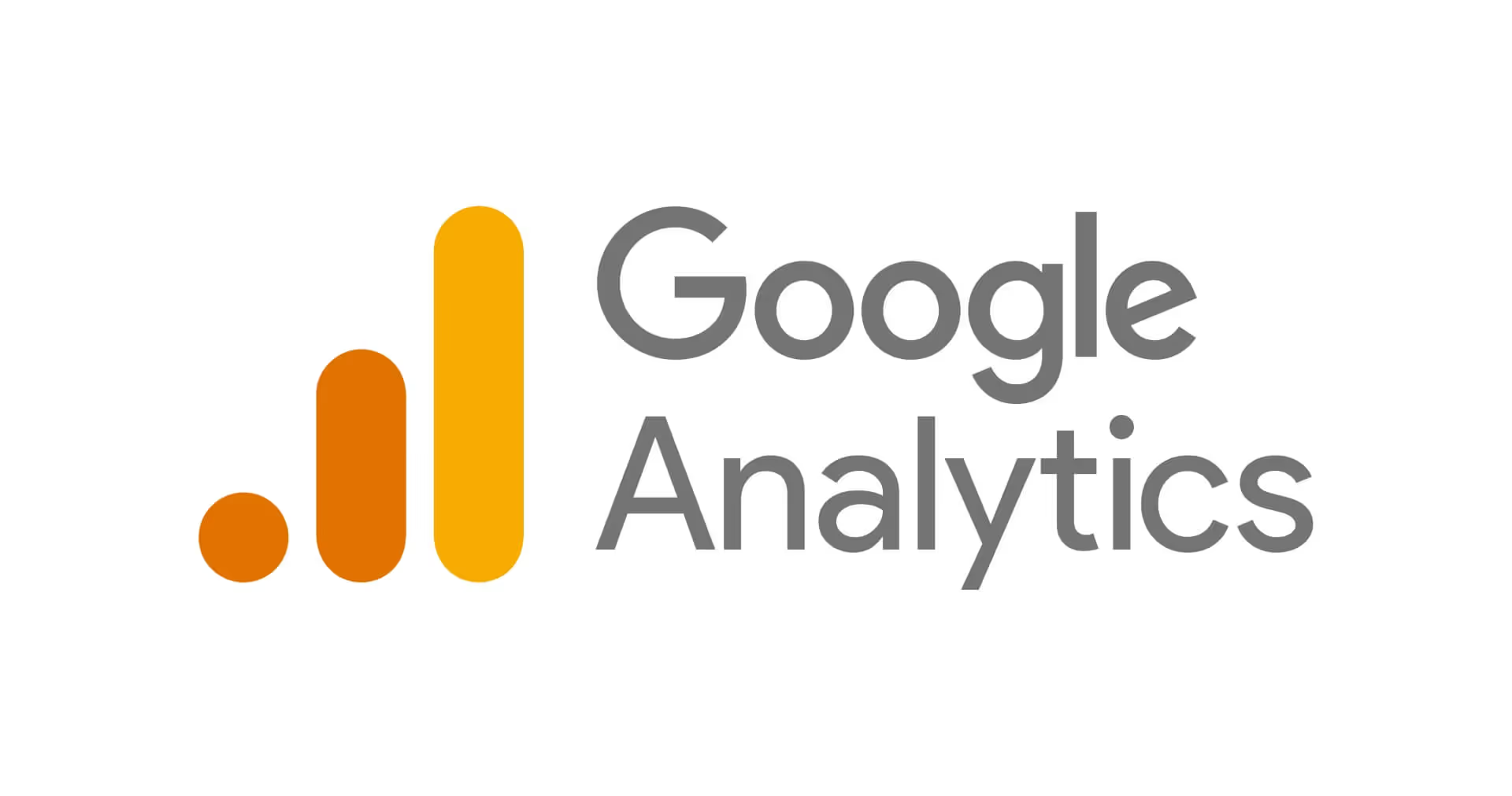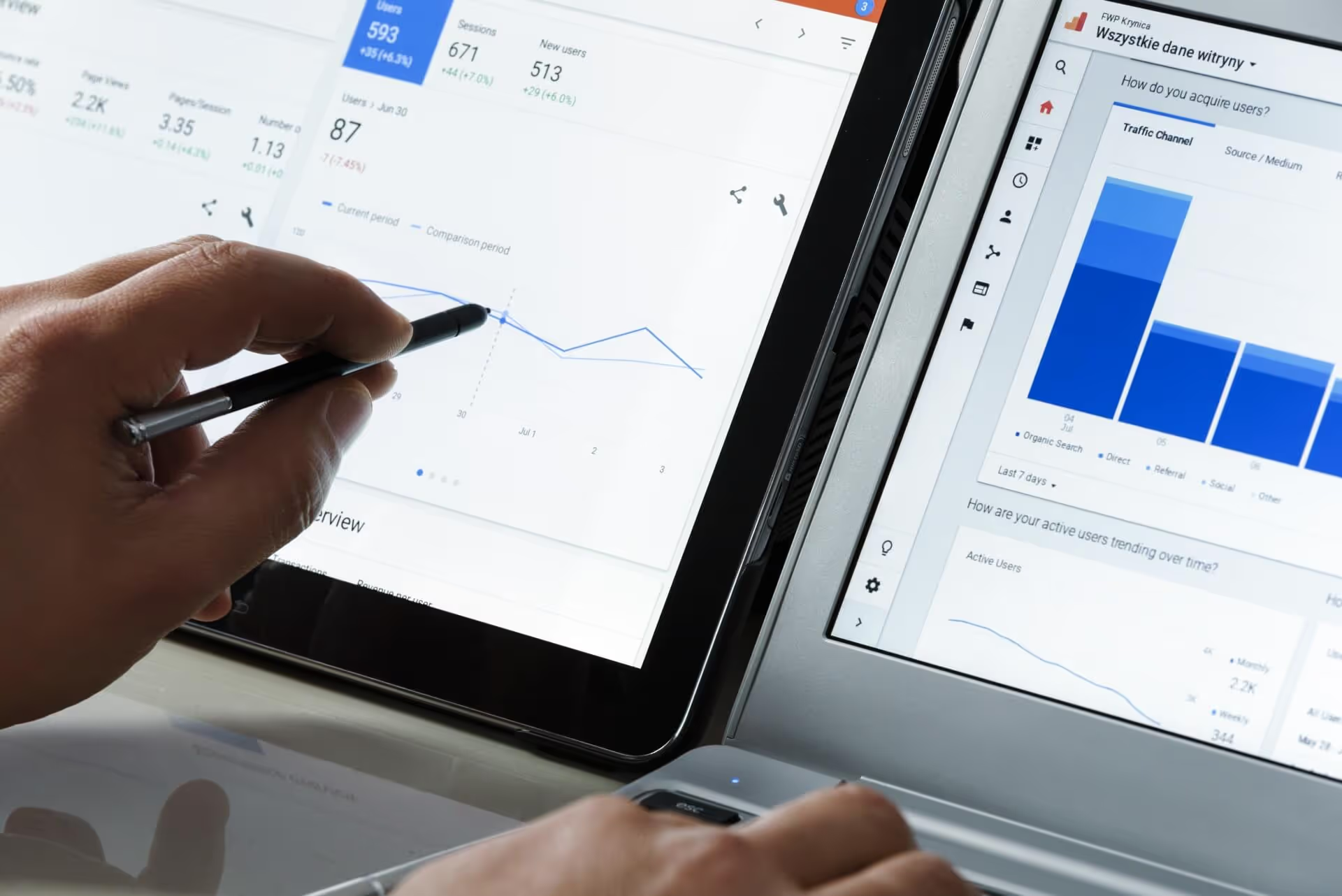Google Analytics is a powerful tool that can be immensely helpful when you’re trying to grow your business. However, very few travel businesses fully realise the range of uses that this tool offers. In this article, we’ll take a closer look at the tool, what it is, and how it can benefit your business.
What is Google Analytics?
Google Analytics, sometimes referred to as GA4, is a powerful website analysis tool that you can use to better understand user behaviour and website traffic. Not only does it help businesses to understand how readers connect with their websites, but it also gives them insight into conversions and helps them to make data-driven casinos that can help them to improve their website’s effectiveness.
How Google Analytics can enhance your travel business

Google Analytics has a proven track record in terms of usefulness, but many people only recognise some of the ways that it can be useful. If you’re in the tourism and travel industry, there are a myriad of ways that this tool can help you. Some of these include the following:
Reducing your bounce rate
Your bounce rate is how quickly people leave your website. When they leave almost immediately, or without making a meaningful translation, this is known as bouncing.
By keeping track of your bounce rate metric, you can discern whether people find your website engaging. The different metrics present in Google Analytics 4 allow you to discern why your bounce rate is so high.
Once you determine the reason for your high bounce rate, you can take steps to rectify the situation. Some of the ways you can improve your visitor retention is by using engaging content, incorporating clear navigation, and using strong calls to action (CTAs) to keep users engaged.
Boosting the average session duration for site users
Another benefit that can be derived from using Google Analytics 4, is that you can improve session duration (the amount of time that visitors spend on the website).
The other side of bounce rate is session duration. Bounce rate is when visitors leave the website quickly, and the average session duration reflects the exact amount of time spent on the website.
Generally, this metric is used as an indicator of website health, with longer session durations indicating user interest. Shorter session durations generally indicate that users have pain points, like difficulty navigating the website, or an inability to find what they’re looking for.
By keeping track of when users end their sessions, it’s possible to find out why people leave the website. This, in turn, allows you to make corrections as required.
Helping you to create SEO-friendly content
SEO, or Search Engine Optimisation, is a critical part of digital marketing for travel. One of the most significant uses of Google Analytics is that it helps you to identify popular search terms.
Another aspect of this is that it helps you to identify which themes and subjects your readers are connecting with. You can then use this data to optimise your website content and improve your search engine ranking.
This ability, in turn, can help you to create effective content and marketing materials that are more likely to be effective.
Empowering you to target new markets
By analysing visitor demographics, you can use GA4’s metrics to determine which potential markets you aren’t currently targeting. This, in turn allows you to tailor your content and marketing campaigns to cater to their interests and booking needs.
These kinds of metrics can be invaluable in helping with effective market expansion. It also allows you to determine which kind of marketing material will be most effective in connecting with your intended audience.
Helping you to understand your best-selling products
Many times, travel websites have vastly effective products that inexplicably perform better than their counterparts. Thanks to the broad array of metrics available on GA4, you can easily analyse your best-selling products to find out why site users find them more attractive.
It also allows you to analyse booking data to identify your most popular travel packages and destinations. You can then focus your efforts on promoting high-performing offerings. With lower-performing offerings, you can choose between removing them entirely or trying to improve them based on the information you have about the high-performing products.
Helping you to optimise for mobile browsers
Mobile traffic is crucial in the travel industry, and most other industries as well. Today, more than 70% of website traffic comes from mobile devices. As a result, when you find that your bounce rate is higher on mobile, this can be a serious problem.
By using Google Analytics, you can identify any mobile usability issues and ensure a seamless experience for mobile users. You can also determine which features and elements users are interacting with regularly, allowing you to boost the effectiveness of CTAs and other elements by incorporating styles and features that your mobile users prefer.
Analysing effectiveness of Calls to Action (CTAs)
CTAs are a critical element in any sort of marketing. The advantage that you have with digital marketing, especially in combination with Google Analytics, is that you can determine precisely which CTAs are converting visitors into bookings.
By tracking clicks and conversions, you can identify the best performing CTAs and optimise them for improved results. This also allows you to determine how you can optimise your CTAs that aren’t performing as well.
Helping you to set data-driven goals
Because GA4 provides concrete data about different aspects of your website, ranging from overall performance to specific product data and even SEO performance, you can use Google Analytics data to set realistic and measurable goals for your website and marketing efforts.
After establishing attainable and data-driven goals, you can also track your progress towards these goals to ensure you're on the right track. If you find that you’re not really achieving growth or progressing towards these goals, you can analyse the metrics to find out what’s going wrong.
Sales funnel analysis and tracking for travel businesses
Sales funnels are an essential aspect of every marketing approach. But they are often difficult to understand effectively, and may be hard to improve. Thanks to GA4’s diverse array of metrics, you can analyse your website’s sales funnel regularly.
One critical aspect is that it allows you to identify where users drop off in the booking or purchasing process. As a result, you can pinpoint pain points that might be hindering the successful completion of purchases and bookings.
It may be as simple as an inadequate payment option, or a difficult-to-complete field in the booking form. The key here is that consistent analysis allows you to identify areas that require improvement, and consequently maximise conversions.
Some of the different metrics that come into play with sales tracking and sales funnel analysis include the ability to track transactions and revenue. You can also monitor product performance.
All these aspects help you to understand the effectiveness of your booking process and identify upsell opportunities.
Monitoring paid campaigns and accessing customised insights
For the modern travel website, the ability to monitor paid campaigns and access customised insights is invaluable.
Thanks to the varied abilities of the Google Analytics platform, you can effectively track the performance of your paid advertising campaigns.
Not only does this allow you to optimise your marketing spend, but it creates the opportunity for you to make data-driven decisions based on analytics. This will result in better travel marketing strategies, and also allow you to pinpoint any areas where your marketing campaigns are currently ineffective.
In addition to these base metrics, GA4 allows you to generate custom reports and insights. This means that you can gain a deeper understanding of your target audience and campaign effectiveness, without the confinements of standard reports or generalisations that may not meet your requirements.
Utilising Google Analytics 4 for travel marketing

If you’re not yet well-acquainted with the tool, you may not know how to use it to get all the benefits listed above. Google Analytics 4 (GA4), which is the version currently in use, offers many valuable features.
Below, we’ll discuss each of these features briefly, and help you understand why they can be a benefit to your travel business. Please note that this isn’t a comprehensive overview, and many tools can serve several purposes. There may also be additional tools and features that we haven’t discussed here.
We’d encourage every user to spend some time gaining hands-on experience with this tool, as it can help empower them to use GA4 more effectively.
GA4 tools and features
Let’s discuss some of the main tools, features, and elements that GA4 has to offer.
The first thing you’ll encounter when using this tool is the home section. It allows you to get a quick, but detailed, overview at a glance. It features high-level website performance overviews and automated insights. This is ideal when you require a quick overview of the website’s performance, without sacrificing detail.
GTA4 also features a real-time section, showing website traffic and visitor information displayed in real time. This can be a useful feature if you’re looking for a current snapshot of your website’s performances.
The analysis hub is the source of choice when you wish to dig deeper into your website’s data, thanks to features like path analysis and funnel analysis. It’s an excellent way to find the information you need to help with data-driven decisions.
GA4’s acquisition section is the hub where you can find detailed information about your website’s traffic sources. It shows details like organic traffic, social media, referrals, and even paid advertising.
The engagement section is similar, showing various metrics related to user interaction. Some of the metrics you can expect to encounter, include things like session duration, screen views, bounce rate, and event tracking.
GA4’s monetisation report section is useful for tracking any revenue-related metrics. Some of these include things like your average order value, purchase events, and conversion rates. These often help businesses to understand the financial impact of their marketing efforts.
Another brilliant feature is the retention overview report. It can help you to understand things like churn rates and user retention by giving additional information about how frequently users return to the website.
The user explorer section allows you to analyse individual user behaviour. This can also help you to gain insight into conversion paths, and events.
GA4’s configuration section enables you to customise settings like goals, custom dimensions, creating audiences, and integrating other Google products. This is ideal to help you perfectly tailor your Google Analytics account to your ideal buyer persona.
Conclusion
As you can see, Google Analytics 4 is a powerful tool for any business. But especially in the travel industry where digital marketing plays such a critical role.
By leveraging the power of Google Analytics, travel businesses can gain valuable insights into user behaviour, optimise their online presence, and make data-driven decisions to improve marketing strategies and ultimately drive more bookings.
Would you like to learn more about using tools like Google Analytics and SEO to have a more powerful impact on your target market? Or perhaps you have the knowledge, but lack the time to use these tools. Reach out to Boost Media. Our Travel and Tourism marketing experts would be happy to help you devise the perfect marketing plan for your business.




